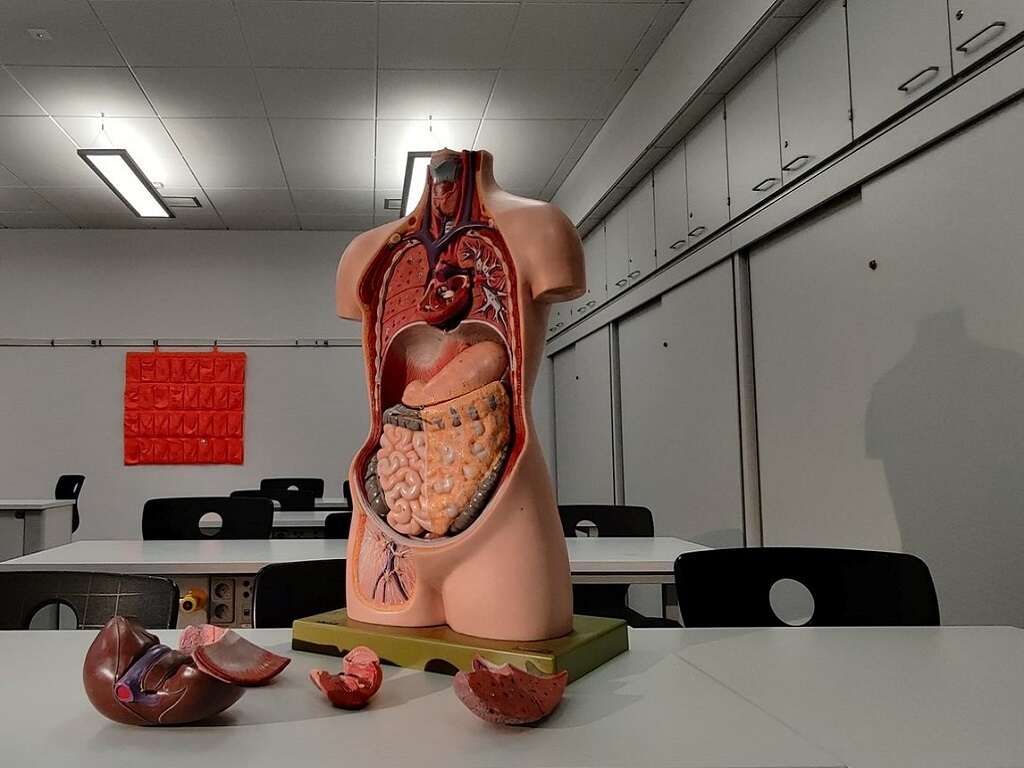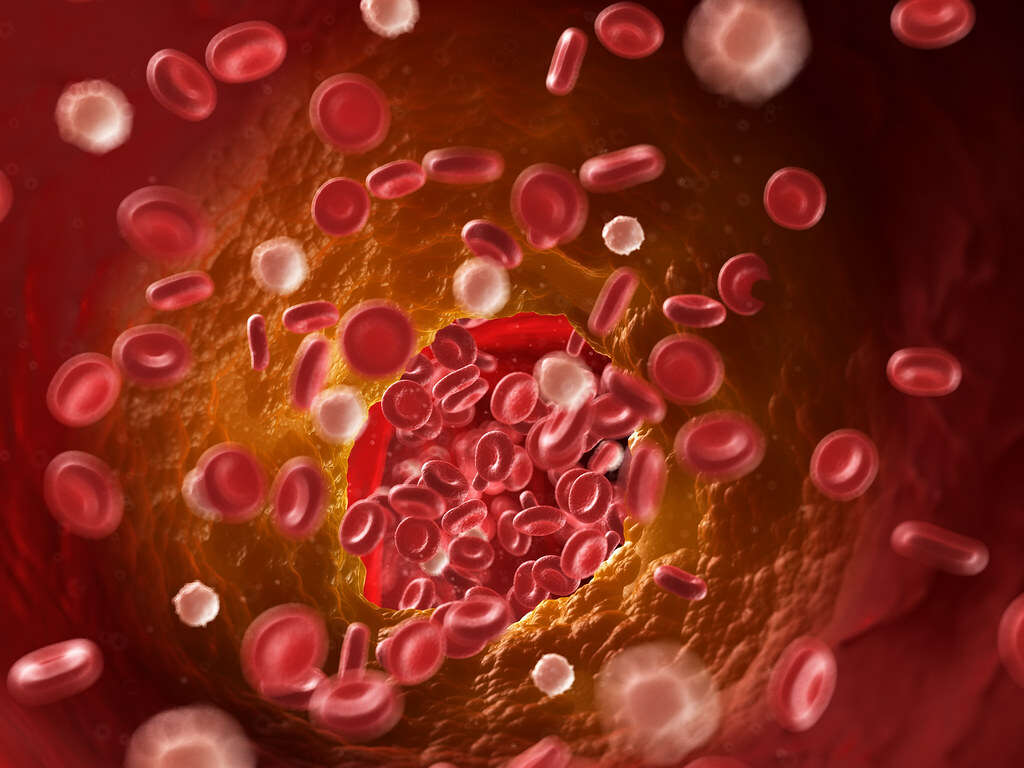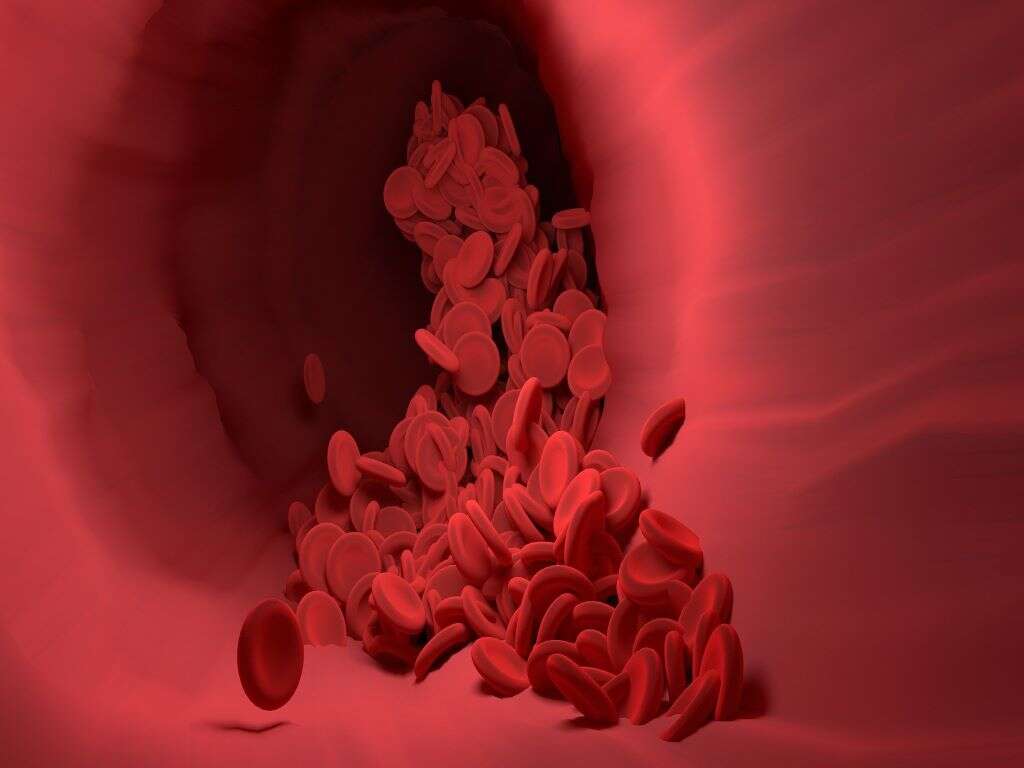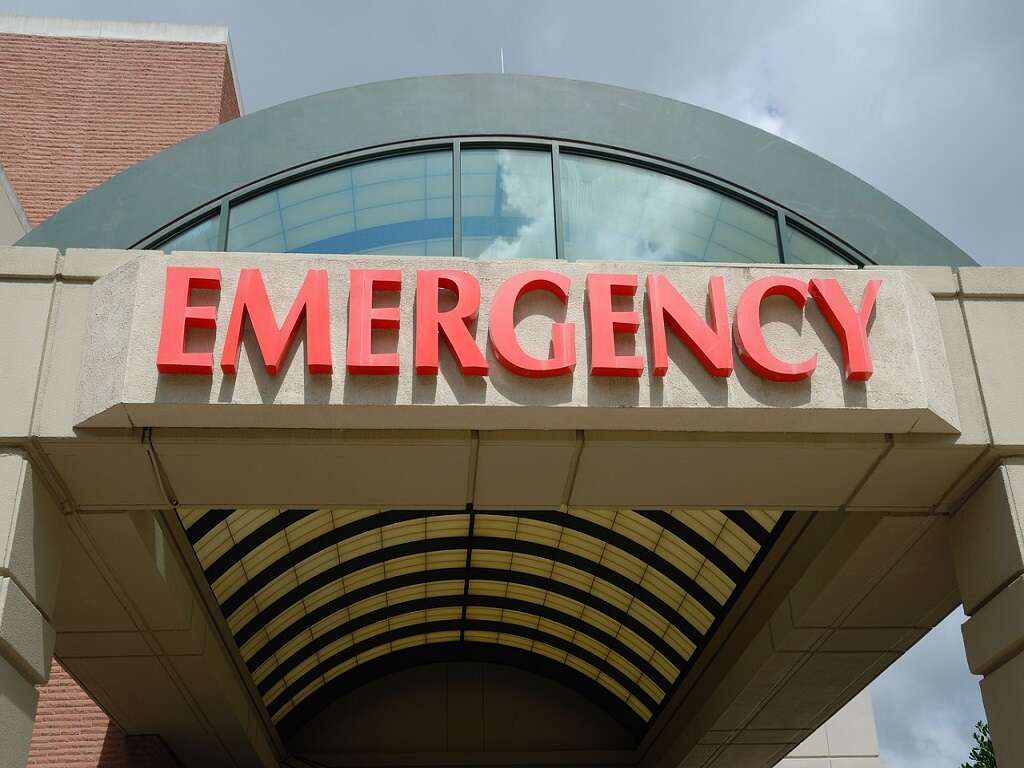Hemoptysis Definition, Causes and More
 Article Sources
Article Sources
- 1. Jacob L. Bidwell | Robert W. Pachner. 'Hemoptysis: Diagnosis and Management.' American Family Physician, aafp.org/afp/2005/1001/p1253.html.
- 2. Radchenko, C., et al. 'A Systematic Approach to the Management of Massive Hemoptysis.' PubMed Central, ncbi.nlm.nih.gov/pmc/articles/PMC5696556.
- 3. 'Hematemesis.' Cancer Therapy Advisor, 17 2019, cancertherapyadvisor.com/home/decision-support-in-medicine/hospital-medicine/hematemesis.
- 4. 'Evaluation of Hemoptysis.' Clinical Decision Support for Health Professionals, 2 2020, bestpractice.bmj.com/topics/en-us/1039.
- 5. Gershman, E., et al. 'Management of Hemoptysis in Patients with Lung Cancer.' PubMed Central, ncbi.nlm.nih.gov/pmc/articles/PMC6712256.
- 6. 'Etiology and Management of Pediatric Hemoptysis.' JAMA Network, 1 Apr. 2001, jamanetwork.com/journals/jamaotolaryngology/fullarticle/482262.
7. Hemoptysis vs. Pseudohemoptysis
Unlike hemoptysis, pseudohemoptysis involves coughing up blood from other sources, rather than from the lower respiratory tract.4‘Evaluation of Hemoptysis.’ Clinical Decision Support for Health Professionals, 2 2020, bestpractice.bmj.com/topics/en-us/1039. With pseudohemoptysis, the blood tends to be darker, and it may be caused by aspiration of hematemesis into the lungs.
It can also occur when bleeding from the mouth or upper airway triggers a cough reflex. In some cases of pseudohemoptysis, such as a Serratia marcescens infection, the expectorated material is not blood but has a similar appearance.
Advertisement











